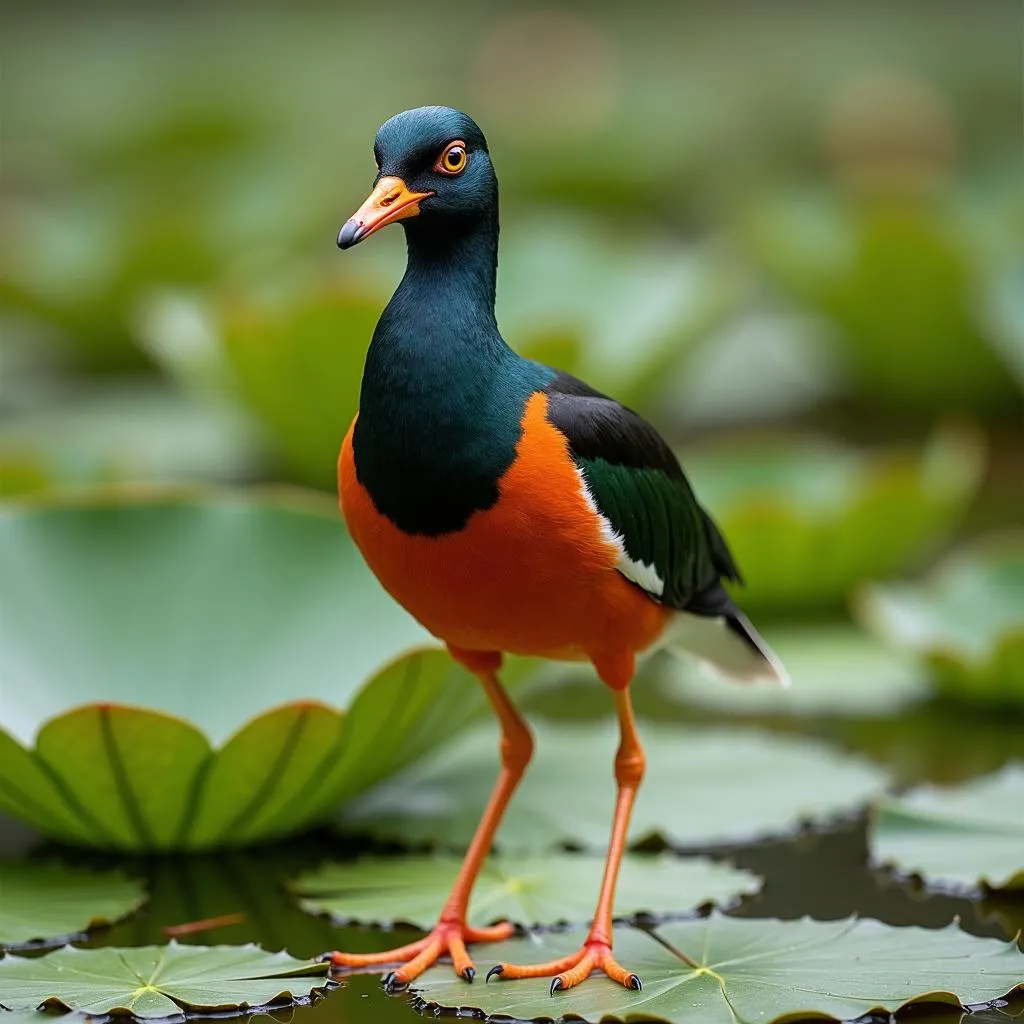The Harsh Reality of African Rape: Understanding the Complexities and Challenges
The issue of African Rape is a complex and sensitive one, demanding a nuanced understanding that goes beyond sensationalized headlines. This article delves into the multifaceted nature of this problem, examining its root causes, social impact, and the ongoing efforts to combat it. We will explore the cultural, economic, and political factors contributing to this pervasive issue and discuss potential solutions for a safer future.
Unpacking the Root Causes of Sexual Violence in Africa
Sexual violence in Africa, like anywhere else in the world, is not a monolithic problem. Its roots are deeply embedded in a complex interplay of factors, including poverty, gender inequality, conflict, and harmful cultural norms. Poverty can create desperation, leading some to see sexual violence as a means of survival or control. Gender inequality, often reinforced by patriarchal traditions, can normalize violence against women and girls. Furthermore, conflict situations often exacerbate sexual violence, using it as a weapon of war and a tool of terror.
Harmful traditional practices, such as child marriage and female genital mutilation, also contribute to the vulnerability of women and girls. These practices not only inflict physical and psychological trauma but also perpetuate the idea that women’s bodies are not their own. Addressing these underlying issues is crucial for effectively combating sexual violence in Africa. It’s important to remember that these factors are interconnected and often reinforce each other.
The Devastating Social Impact of African Rape
The consequences of sexual violence are far-reaching and devastating, affecting not only the survivors but also their families, communities, and even entire nations. The trauma of rape can lead to long-term physical and psychological health problems, including PTSD, depression, anxiety, and STIs. The social stigma associated with rape can also lead to isolation, ostracization, and further victimization.
Beyond the individual level, sexual violence tears at the fabric of communities, eroding trust and social cohesion. It can hinder economic development, as survivors may struggle to work or access education. Furthermore, the impunity often enjoyed by perpetrators can create a culture of fear and silence, preventing survivors from reporting their assaults and seeking justice. Understanding the profound and pervasive impact of this crime is essential for developing effective responses. For more information on the geographical distribution of these issues, refer to the African Geographical Review.
Combating Rape in Africa: Strategies for Change
The fight against sexual violence in Africa requires a multi-pronged approach, involving governments, civil society organizations, communities, and individuals. Legal reforms are essential, ensuring that laws criminalizing sexual violence are strong and effectively enforced. Access to justice for survivors must be improved, including access to medical care, psychosocial support, and legal assistance. Education plays a critical role in challenging harmful cultural norms and promoting gender equality. This includes comprehensive sexuality education that empowers young people to understand consent, healthy relationships, and their rights.
Community-based programs can be highly effective in raising awareness, providing support to survivors, and engaging men and boys in the fight against sexual violence. International cooperation is also crucial, providing resources and technical assistance to support national efforts. Working together, we can create a safer and more just future for all. Learn more about influential figures who have impacted African history, some of whom have championed women’s rights, on African Historical Figures.
Conclusion
The fight against African rape is a long and arduous one, but it is a fight that must be won. By understanding the complexities of this issue and working together to address its root causes, we can create a future free from sexual violence for all. This involves challenging harmful cultural norms, promoting gender equality, strengthening legal frameworks, and supporting survivors. We can and must do better. You can also read more about African and Eurasian Desert Belt.
FAQ
- What are the main causes of rape in Africa?
- How does conflict exacerbate sexual violence?
- What are the long-term impacts of rape on survivors?
- What are some effective strategies for combating sexual violence?
- How can communities get involved in the fight against rape?
- What role does education play in preventing sexual violence?
- What are some resources available for survivors of sexual assault in Africa?
For further insights, explore African County Having Desert on World Map. We encourage you to also read more about challenges facing women, including African Fuckingwoman.
Need Help?
If you or someone you know needs support, please contact us:
Phone: +255768904061
Email: kaka.mag@gmail.com
Address: Mbarali DC Mawindi, Kangaga, Tanzania.
We have a 24/7 customer support team ready to assist you.

